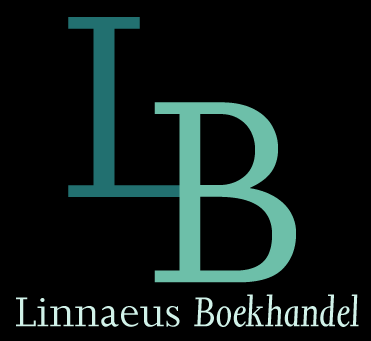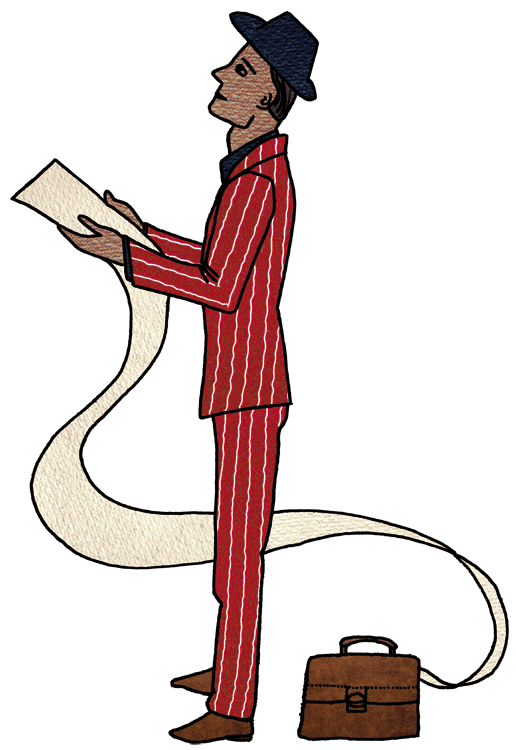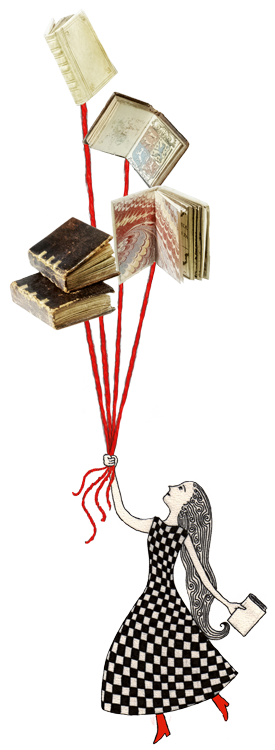Three Philosophical Poets; Lucretius, Dante, and Goethe - Santayana, George
Santayana, George |
2013 |
Zachte kaft |
Engels
Leverbaar
Niet op voorraad in de winkel
€ 20,95
Beschrijving
Excerpt: ...he fell into incontinence,-that is, into lust, gluttony, avarice, wrath, or pride. Incontinence came from an excessive or ill-timed pursuit of something good, of a part of what nature aims at; for food, children, property, and character are natural goods. These sins are accordingly the most excusable and the least odious. Dante puts those who have sinned through love in the first circle of hell, nearest to the sunlight, or in the topmost round of purgatory, nearest to the earthly paradise. Below the lovers, in each case, are the gluttons,-where a northern poet would have been obliged to place his drunkards. Beneath these again are the misers,-worse because less open to the excuse of a merely childish lack of self-control. The disorder of the faculties may arise, however, in another way. The combative or spirited element, rather than the senses, may get out of hand, and lead to crimes of violence. Violence, like incontinence, is spontaneous enough in its personal origin, and would not be odious if it did not inflict, and intend to inflict, harm on others; so that besides incontinence, there is malice in it. Ill-will to others may arise from pride, because one loves to be superior to them, or from envy, because one abhors that they should seem superior to oneself; or through desire for vengeance, because one smarts under some injury. Sins of these kinds are more serious than those of foolish incontinence; they complicate the moral world more; they introduce endless opposition of interests, and perpetual, self-propagating crimes. They are hateful. Dante feels less pity for those who suffer by them: he remembers the sufferings these malefactors have themselves caused, and he feels a sort of joy in joining the divine justice, and would gladly lash them himself. Worse still than violence, however, is guile: the sin of those who in the service of their intemperance or their malice have abused the gift of reason. Corruptio optimi pessima;...
Beschrijving
Excerpt: ...he fell into incontinence,-that is, into lust, gluttony, avarice, wrath, or pride. Incontinence came from an excessive or ill-timed pursuit of something good, of a part of what nature aims at; for food, children, property, and character are natural goods. These sins are accordingly the most excusable and the least odious. Dante puts those who have sinned through love in the first circle of hell, nearest to the sunlight, or in the topmost round of purgatory, nearest to the earthly paradise. Below the lovers, in each case, are the gluttons,-where a northern poet would have been obliged to place his drunkards. Beneath these again are the misers,-worse because less open to the excuse of a merely childish lack of self-control. The disorder of the faculties may arise, however, in another way. The combative or spirited element, rather than the senses, may get out of hand, and lead to crimes of violence. Violence, like incontinence, is spontaneous enough in its personal origin, and would not be odious if it did not inflict, and intend to inflict, harm on others; so that besides incontinence, there is malice in it. Ill-will to others may arise from pride, because one loves to be superior to them, or from envy, because one abhors that they should seem superior to oneself; or through desire for vengeance, because one smarts under some injury. Sins of these kinds are more serious than those of foolish incontinence; they complicate the moral world more; they introduce endless opposition of interests, and perpetual, self-propagating crimes. They are hateful. Dante feels less pity for those who suffer by them: he remembers the sufferings these malefactors have themselves caused, and he feels a sort of joy in joining the divine justice, and would gladly lash them himself. Worse still than violence, however, is guile: the sin of those who in the service of their intemperance or their malice have abused the gift of reason. Corruptio optimi pessima;...
Specificaties
| Door (auteur) | Santayana, George |
| Uitgeverij | Van Ditmar Boekenimport B.V. |
| Genre | Theologie algemeen |
| Uitgave | Zachte kaft |
| Aantal pagina's | 48 |
| Verschenen op | 30-04-2013 |
| ISBN / EAN | 9781231757918 |
| Taal | Engels |



